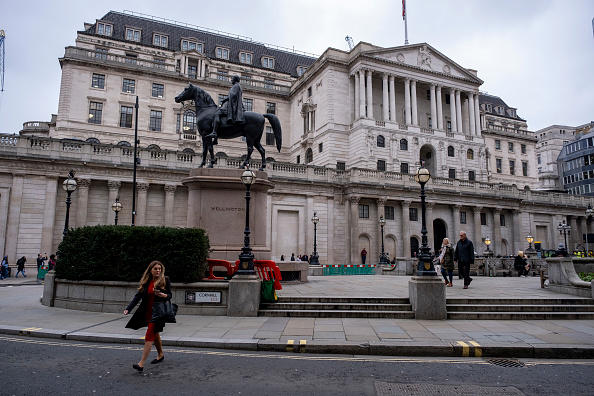Andrew Bailey assumed the role of Governor of the Bank of England during one of the most challenging periods in recent history—the outbreak of the COVID-19 pandemic. His tenure began amidst a backdrop of economic uncertainty, market volatility, and unprecedented public health measures. Despite these daunting circumstances, Bailey faced the task head-on, seeking to navigate the Bank through the storm and steer the economy towards stability.
From the outset, Bailey encountered numerous obstacles and hurdles. The onset of the pandemic brought about a sharp economic downturn, prompting swift and decisive action from central banks worldwide. As the head of the Bank of England, Bailey was tasked with implementing monetary policies aimed at mitigating the impact of the crisis, supporting financial markets, and safeguarding the stability of the banking sector.
However, Bailey’s leadership was not without its challenges. The evolving nature of the pandemic, coupled with the uncertainty surrounding its economic ramifications, presented ongoing challenges for policymakers. In addition, Bailey’s communication style, characterized by a blend of regulatory language and cryptic statements, occasionally led to confusion and speculation among market participants.
Despite these obstacles, Bailey managed to navigate the Bank through turbulent waters, steering monetary policy with a steady hand and avoiding any significant missteps. Over the past year, he has demonstrated a commitment to maintaining stability and fostering confidence in the financial system, even amidst the uncertainty and volatility brought about by the pandemic.
As the economy begins to recover and the prospect of a rate cut looms on the horizon, Bailey faces a new set of challenges. Market expectations suggest a potential reduction in interest rates in the coming months, placing added pressure on the monetary policy committee to deliver clear and coherent messaging. Inconsistencies among committee members have highlighted the need for a unified approach to communication, ensuring transparency and clarity in decision-making.
Looking ahead, Bailey must continue to prioritize effective communication and consensus-building within the monetary policy committee. By fostering open dialogue and engaging in robust public discourse, he can navigate the challenges posed by an uncertain economic landscape and steer the Bank of England towards stability and prosperity. Through strategic leadership and decisive action, Bailey can uphold the Bank’s mandate to promote the economic well-being of the United Kingdom and its citizens.
